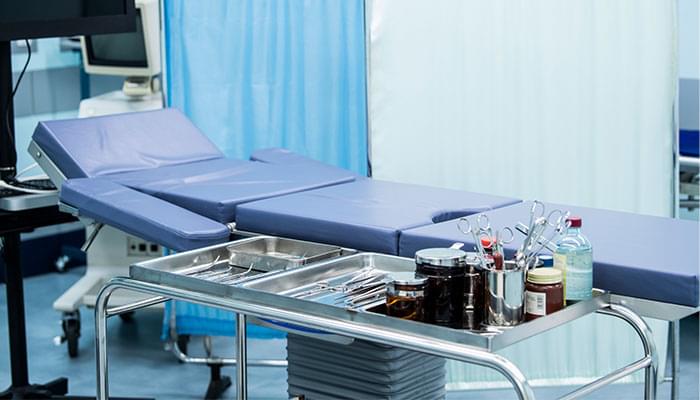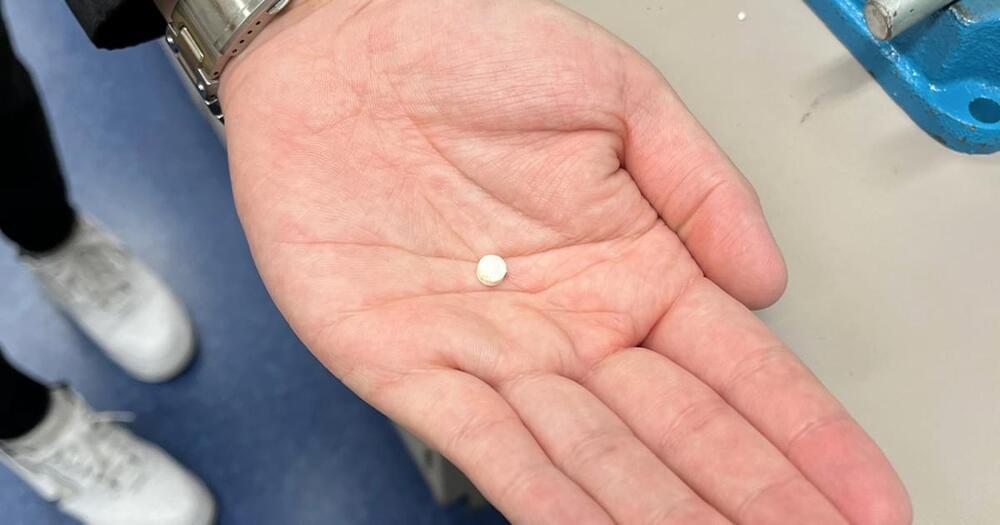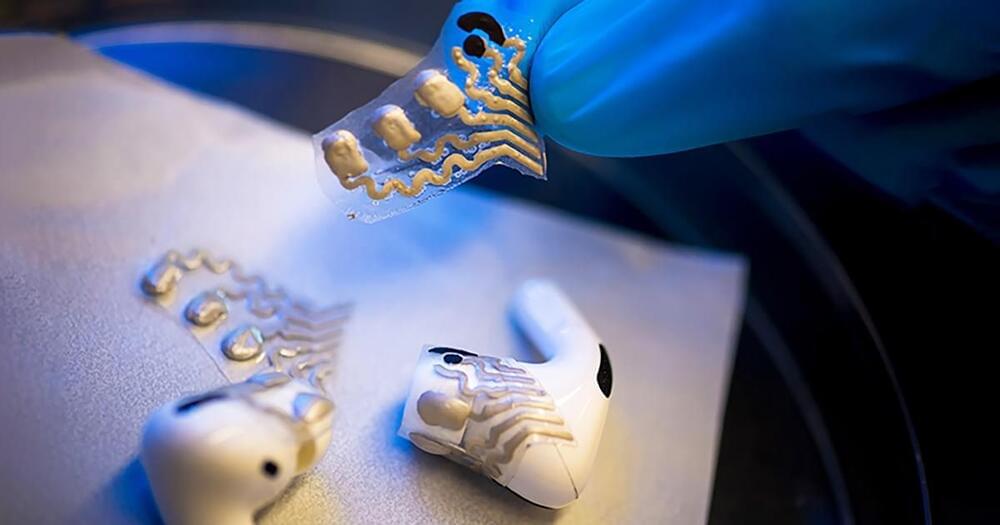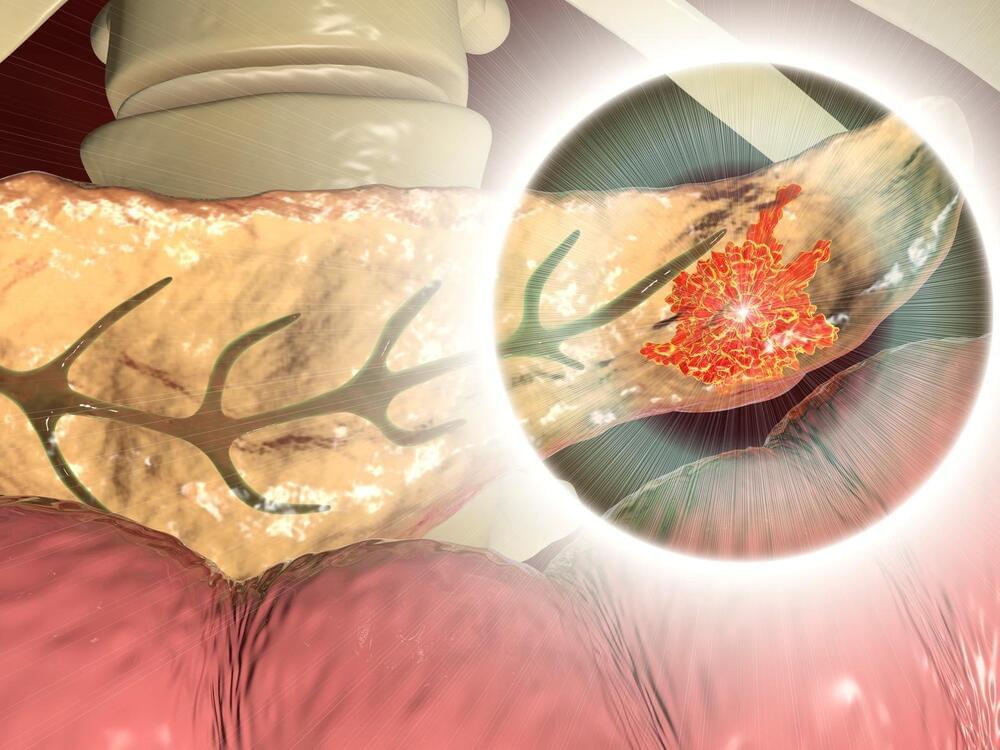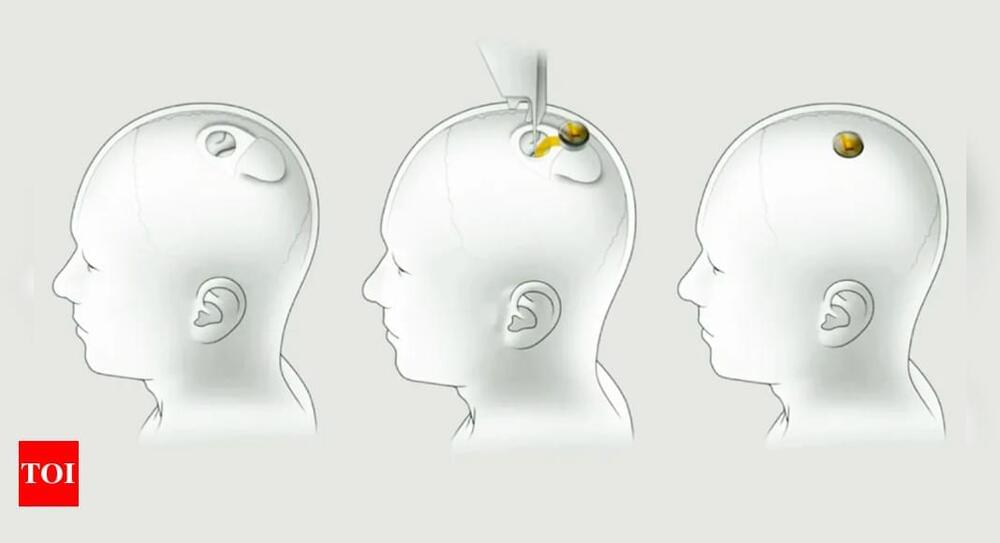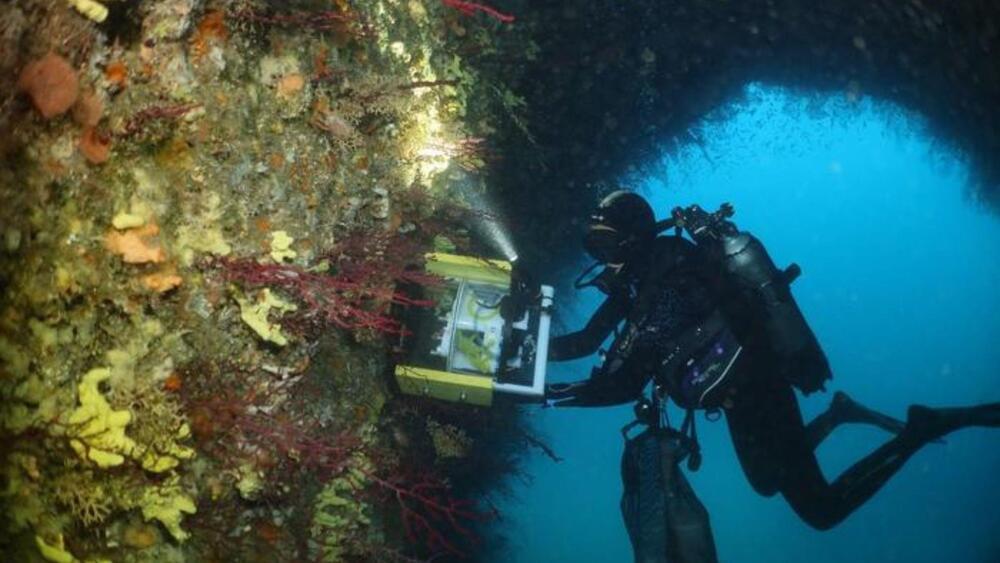Nov 10, 2023
We all play don’t die every day — now let’s get really, really good at it
Posted by Paul Battista in categories: biotech/medical, evolution, humor, life extension, neuroscience
Bryan Johnson is the world’s most famous biohacker – and perhaps the “most measured man in human history”. He’s on a mission to maximally reverse the quantified biological age of each of his 70 organs, extending his lifespan and healthspan, and then roll out his protocol on a platform to ensure others can benefit from his experience, research and experimentation.
Johnson’s ethos can be summed up pretty neatly as don’t die, and to that end, he has written a book, or novel, to be more accurate, entitled Don’t Die, the uncorrected advanced reading version of which is downloadable as a free ebook from his website. Johnson’s nom de plume for this venture is Zero, described in the book as the “first individual H. sapiens to surpass five hundred years of age,” who dies in 2,478 (in an accident, rather than from old age), just weeks away from “becoming Homo Deus.” Johnson credits Zero with the invention of Zeroism and the resurrection technology undie, as well as the fathering of “millions of biological and digital offspring who now live in the far reaches of the solar system and beyond”
Longevity. Technology: Because Don’t Die is a novel, Johnson can explore his philosophy in a different way, inviting us to observe the narrator, Scribe, on his last day on Earth, as he muses on humanity’s future evolution, the nature of death and free will and the impact of age reversal and programmable biology. Scribe is joined by a Pilgrim’s Progress-like cast of characters, including Cognitive Bias, Dark Humor and Game Play and Self Critical.

